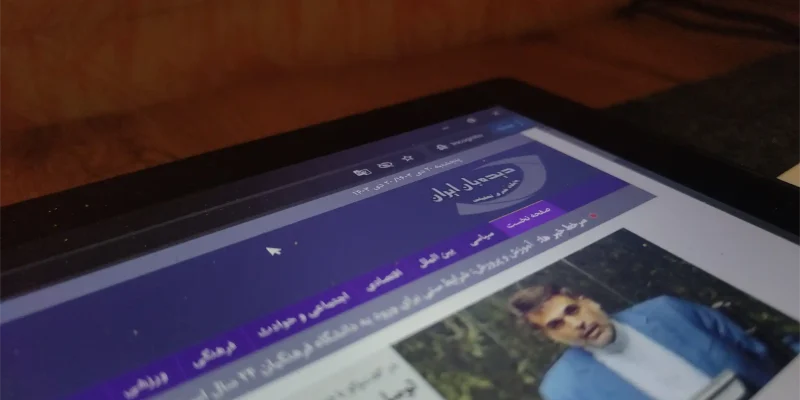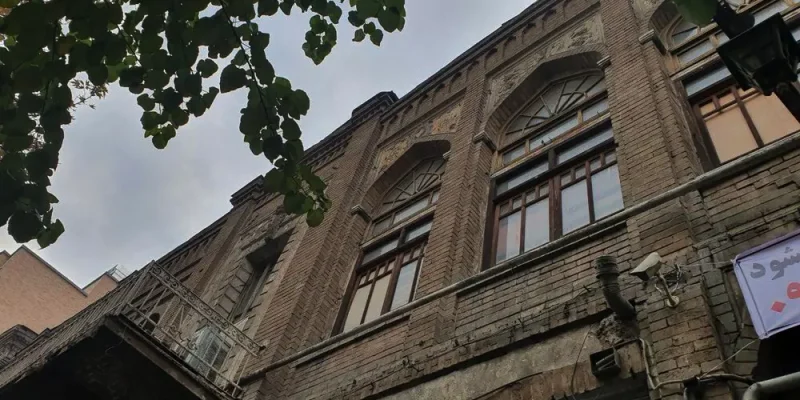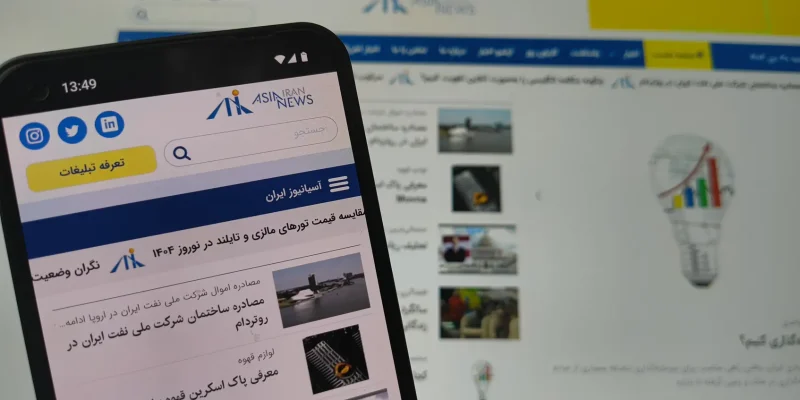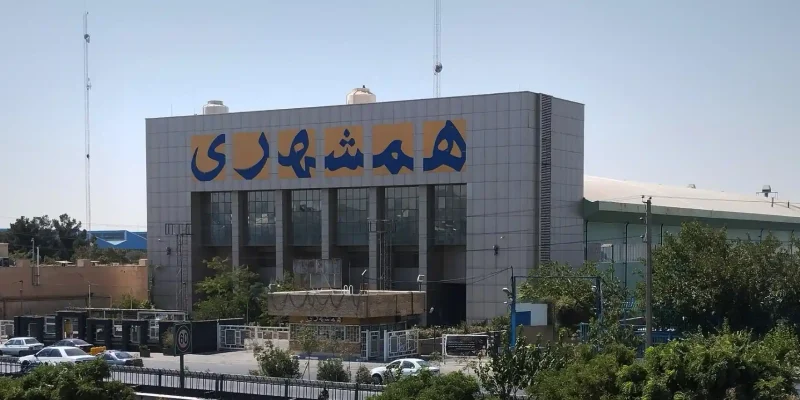
The Islamic Republic News Agency, or IRNA serves as Iran’s official news agency and has a significant impact on the country’s media scene. IRNA, which began in 1934, has evolved into a major provider of news and information about Iran, both at home and abroad. As the mouthpiece of the Iranian government, it plays a key part to shape public opinion and to spread official statements to people in Iran and across the globe.
IRNA has an influence that goes beyond Iran’s borders. It acts as a window for global audiences to see Iran’s politics, culture, and society. IRNA has a big network of reporters and offices across Iran and in several other countries. This allows it to give full coverage of events happening in Iran and around the world.
The agency reports on many topics. These include politics, economics, culture, and sports. It offers insights into how Iran views global affairs and its ties with other nations. IRNA plays a key role in the world news scene. This makes it a crucial source to understand Iran’s official position on various issues.
History and Establishment of IRNA
Founding in 1934
The Islamic Republic News Agency, or IRNA, has a long history that goes back to 1934. The Foreign Ministry of Iran set up Pars Agency at first making it the country’s official national news source. This started a central way to spread news and info in Iran. For the next six years, Pars Agency worked under the Iranian Foreign Ministry. It focused on sharing national and world news.
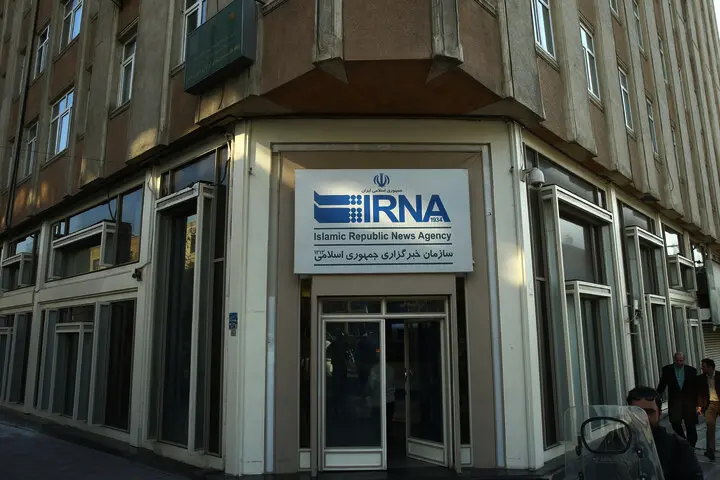
In its early days, Pars Agency put out a bulletin twice a day in French and Persian. This bulletin went to government officials international news agencies in Tehran, and the local press. This made the agency a key source of information.
Transition to Pars News Agency
In 1963, the Iranian government made a big change in how the agency was run. They set up the Information Ministry, which took over the work of Pars Agency. This change led to a new name: Pars News Agency, or PANA for short. This shift marked the start of a new chapter for the organization. It began to work around the clock growing its reach and sway in Iran’s news world.
The switch to PANA changed how the agency did its job. It could now cover news and events more . This change showed that media and spreading information had become more crucial in Iran’s plans for the country.
Transformation after 1979 Revolution
The 1979 Iranian Revolution caused big shifts in how Iran’s politics and society worked, and this included changes to the news agency. When the revolution ended in February 1979, the Revolutionary Council started to change how media in the country operated. In June that year, they gave the Ministry of Information and Tourism a new name: the National Guidance Ministry.
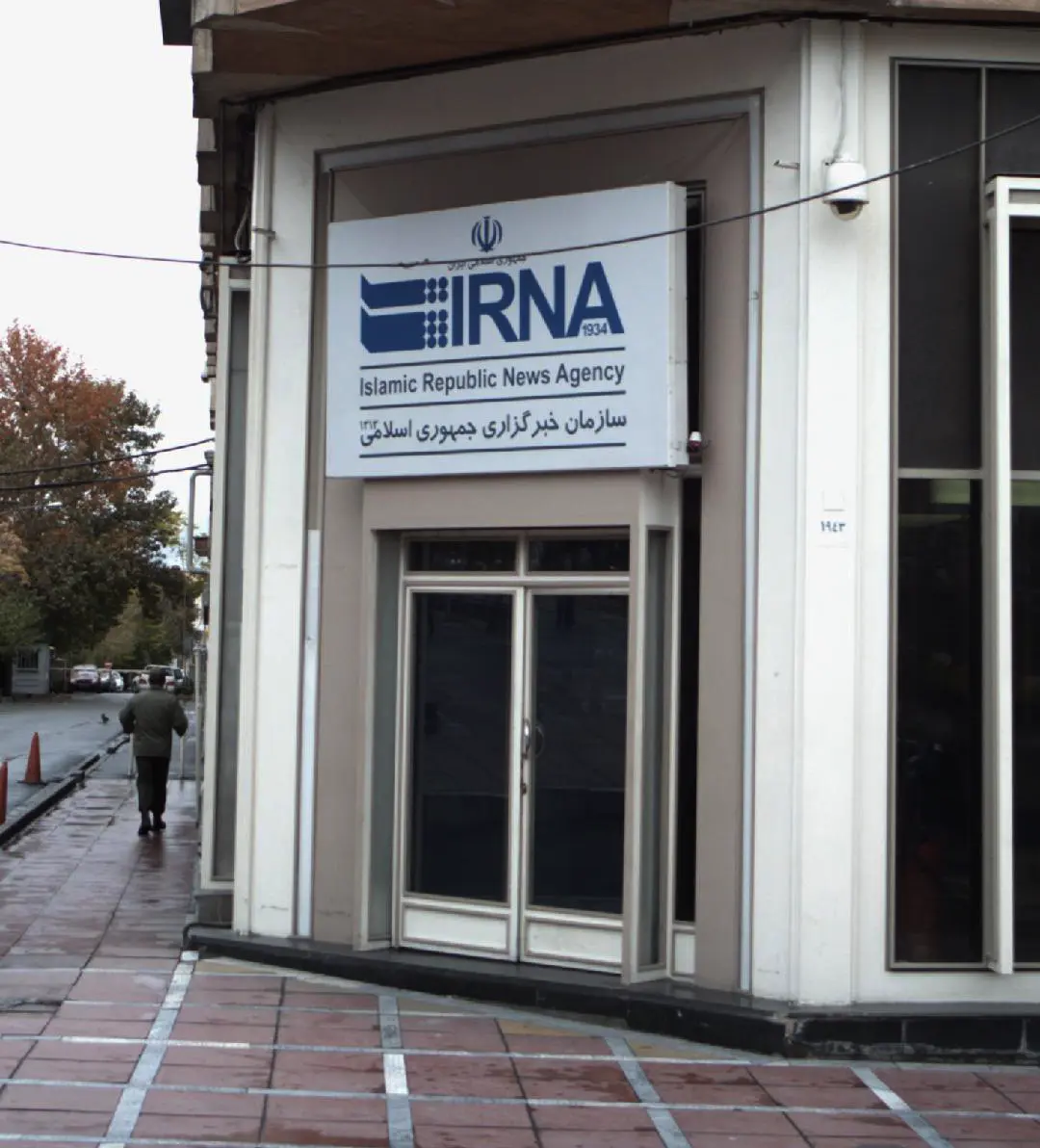
The shift in ministerial organization had a direct effect on the news agency. In December 1981, the Islamic Consultative Assembly (Majlis) passed a law to change the name of Iran’s official news agency. The Pars News Agency became the Islamic Republic News Agency (IRNA). This new name showed the changed political scene in Iran and matched the agency with the values of the Islamic Republic.
The change in IRNA following the 1979 revolution meant more than just a new name. It showed a change in the agency’s purpose and goals matching the new government’s beliefs and aims more . IRNA became a key way for the Islamic Republic to share its plans and views, both at home and abroad.
Organizational Structure and Operations
The Islamic Republic News Agency (IRNA) works with a clear structure to produce and spread news well. The agency’s setup covers many news topics and areas helping it do its job as Iran’s official news source.
Editorial Board and News Desks
IRNA’s editorial board has eight main news desks. Each desk has responsibility for specific regions or types of news coverage. These desks include the Europe and America Desk, Africa and Middle East Desk, Asia-Pacific Desk, and Indian Peninsula and Central Asia Desk. The board also has specialized desks to handle English, Arabic, and Persian language international news.
The English and Arabic News Desks have the job to select and transmit the most important news collected from IRNA’s various sources. This includes news obtained through cooperation contracts with other news agencies. The Persian Language International News Desk has a key role to adapt news for foreign readers. It rewrites items to include information that might not have general importance to Iranian readers inside the country.
A standout feature of IRNA’s setup is its Foreign News Desk, which has three monitoring teams. These teams work non-stop to check foreign radio, TV, satellite, Internet, and print sources picking news stories that matter to IRNA. This round-the-clock effort helps the agency keep up with news from around the world.
Domestic and International Branches
IRNA has a wide-ranging network of offices in Iran and other countries. The agency runs 60 offices across Iran, which gives it full coverage of local news. On the global stage, IRNA has set up 30 branches in different countries, split into three main areas:
- Middle East and Africa Region: Beirut, Lebanon hosts the headquarters, with branch offices in Ankara, Damascus, Abu Dhabi, Amman, and Kuwait.
- Europe and America Region: London, England serves as the head office, with branches in key cities like Bonn, Vienna, Paris, Rome, Sarajevo, Athens, Madrid, New York, and Washington.
- Asia-Pacific Region: Kuala Lumpur, Malaysia houses the headquarters, with offices in Tokyo, Beijing, Islamabad, Alma Ata, Dushanbe, and Ashkhabad.
This worldwide network enables IRNA to collect and share news from various sources. It offers a wide-ranging view of global events from an Iranian standpoint.
News Production and Dissemination Process
IRNA creates and shares news to reach people in Iran and around the world. The agency acts as the main information source in Iran. It provides news, bulletins, research, polls, and interesting stories to officials, citizens, and various publications through its telex lines.
On the global stage, IRNA has agreements to offer services to major news agencies worldwide. The agency plays an active role in international news groups and shares current news about Iran through its International News Line. IRNA has also built a strong online presence. It runs websites in Persian, English, and Arabic, which cater to a wide range of readers across the globe.
The agency’s bosses always look to grow their news sharing abilities, both in quality and quantity. This means finding new ways to work with foreign news agencies and companies, and watching international media to find news stories not in regular reports.
IRNA’s Role in International News Scene
The Islamic Republic News Agency (IRNA) has a big impact on shaping the international news scene acting as Iran’s main source of info for people around the world. As a government-run news agency, IRNA has spread its reach and clout beyond Iran taking part in various international news groups and partnerships.
Membership in News Groups
IRNA has worked hard to get news agencies from Third World countries to work together in regional news agency groups. The agency’s groundbreaking work has helped to create news agency pools that have gained worldwide recognition. IRNA is now part of several well-known news pools such as the International Islamic News Agency (IINA) Organization of Asia-Pacific News Agencies (OANA), Non-Aligned News Agencies Pool (NANAP), OPEC News Agency (OPECNA), Association of Caspian Sea News Agencies (ACSNA), and ECO News Agencies (ECONA).
Partnerships with Foreign News Agencies
IRNA keeps trying to work more with news agencies and companies from other countries. It’s made deals with big news agencies around the world, which lets it offer services and share information worldwide. A good example is the deal IRNA signed with the Organization of Asia-Pacific News Agencies (OANA) and the Association of Mediterranean News Agencies (AMNA) in Istanbul. This three-way agreement has made IRNA stronger in the world of international news and helped it spread news better across different areas.
Coverage of Global Events
IRNA’s external services include an active online presence through its Persian, English, and Arabic websites, which offer current news stories about Iran and world events. The agency’s leaders always look to broaden its news distribution abilities, both in quality and quantity. IRNA’s reporting on global happenings has an impact on its role as Iran’s official news agency often showing the government’s view on international matters.
IRNA’s involvement in global news pools and partnerships has enabled it to add to the worldwide information flow from the viewpoint of Third World nations. By taking part in these team-ups, IRNA has played a role in shaping a more varied and welcoming international news scene. This has brought in different angles to those usually led by Western news outlets.
Impact and Influence of IRNA in Iran and Abroad
Role in Shaping Public Opinion
The Islamic Republic News Agency (IRNA) plays a key part in forming public opinion inside Iran and overseas. Yet, its sway over Iranian public opinion seems limited. A study by IranPoll showed that 14% of Iranians tune into IRNA’s news shows daily, while 60% said they never watch IRNA’s news broadcasts. This hints that IRNA might not affect domestic public views as much as it aims to.
Even with its small reach at home, IRNA remains the main provider of official news about Iran to people around the world. The agency has offices across the globe and works with foreign news outlets helping it spread Iran’s views on various topics to a large international audience.
Relationship with Iranian Government
IRNA’s ties to the Iranian government stem from its job as the official voice of the Islamic Republic. The Ministry of Culture and Islamic Guidance oversees the agency making sure its content matches the government’s policies and viewpoints. This close link to the government has sparked worries about whether IRNA can report news and without bias.
The agency has come under fire for spreading false info about different events, like COVID-19, Israel, and global conflicts. These cases have made people wonder about IRNA’s trustworthiness and how it helps push the Iranian government’s story on local and world issues.
How the World Sees IRNA and Its Trustworthiness
IRNA struggles a lot with how the world sees it and trusts it. The agency’s tight links to the Iranian government and its job to promote official stories make people around the world doubt it. A study in 39 countries showed that most people in these places don’t like Iran much, and this bad feeling might include its official news agency too.
The agency’s reputation has taken a hit due to cases where it cited untrustworthy sources or reported events . For instance, people have slammed IRNA for treating The Onion, a joke news site, as a serious source. These slip-ups have damaged IRNA’s standing and trustworthiness in the global news scene.
Even with these roadblocks, IRNA still shapes how the world sees Iran. The agency belongs to several international news groups and teams up with foreign news outlets giving it ways to spread Iran’s official views on world matters. Yet, these efforts don’t seem to improve Iran’s image much overseas, as shown by the bad opinions people around the world have about the country.
Conclusion
The Islamic Republic News Agency (IRNA) plays a key part in molding Iran’s media scene and its worldwide image. As the official mouthpiece of the Iranian government, it has an impact on how news spreads both at home and abroad. IRNA’s big network of offices and tie-ups lets it report on many subjects, from local happenings to world matters offering a peek into how Iran sees different issues.
Even though it’s the official news agency, IRNA struggles with trust issues and how people see it, both in Iran and other countries. Because it’s so close to the government, many wonder if it tells the whole story. Also, not many people in Iran use it, which shows there’s a gap between what officials say and what people want to hear. On the world stage, IRNA still speaks for Iran , but it doesn’t do much to make the country look better.
In the future, IRNA will need to balance its official job with keeping up with new media trends and what people expect from news.
FAQs
IRNA is short for the Islamic Republic News Agency.
IRNA means Islamic Republic News Agency. Don’t mix it up with informational RNA (iRNA) in molecular biology.
IRNA has the role of Iran’s national news agency. In 2023, it became the main agency after five state news websites joined IRNA. The Minister of Islamic Culture and Guidance told them to do this.
The Islamic Republic of Iran Broadcasting (IRIB) runs Iran’s state-run media. It has 27 world service channels and broadcasts in many languages. These include Arabic, Hindi, English, French, and Spanish. About 45.5% of young Iranians trust the news that IRIB puts out.
IRNA covers a wide range of topics, including politics, economy, culture, science, sports, and international affairs. It also offers specialized news services in multiple languages to reach global audiences.
